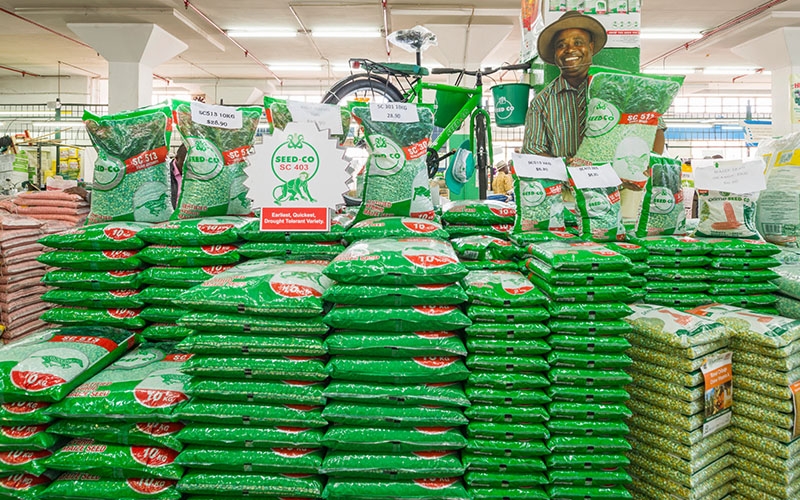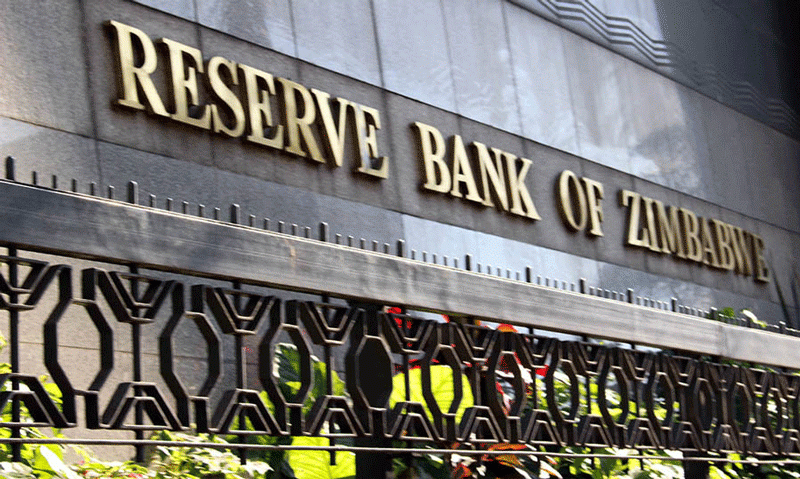
TANYARADZWA NHARI PROFIT-after-tax at Victoria Falls Stock Exchange-listed seed producer, Seed Co International, slid by 36% to US$7,1 million during the year-ended March 31, 2022, as margins came under pressure from reduced economies of scale and a stronger Zambian kwacha, the firm said this week.
This figure was US$4 million lower than US$11,1 million net profit reported during the comparable period in 2021, but Seed Co sees quicker recovery as governments push for higher seed stocks.
Borrowing and finance costs also increased during the period, according company secretary Eric Kalaote.
He said capital expenditure increased to US$4,2 million compared to US$3,5 million in 2021.
Revenues were flat at US$88,5 million during the period, driven by tapering volumes after the Malawian government trimmed agricultural subsidies, leading to subdued demand.
“The group net profit reduced markedly because of … volume decline and pressure on margins. Revenue was flat, albeit on reduced sales volume, helped mainly by the strengthening of the Zambian kwacha against the United States dollar and business growth in Mozambique. Volume uptake was impacted by bad weather and reduced government subsidy support in Malawi,” Kalaote noted.
Seed Co will be ramping up operations to satisfy anticipated steeper regional demand for seed in the coming year, he added.
Regional markets are battling to forestall mounting food deficits following a series of poor rainfall seasons, which were in 2020 compounded by pandemic induced supply shocks.
- Chamisa under fire over US$120K donation
- Mavhunga puts DeMbare into Chibuku quarterfinals
- Pension funds bet on Cabora Bassa oilfields
- Councils defy govt fire tender directive
Keep Reading
Covid-19 induced headwinds have generally been fizzling out.
But global supply chains have been further hurt by a bloody conflict between Russia and Ukraine, which has locked international freightliners in harbours.
Huge volumes of inputs have either been locked up or are moving at a much slower pace, posing food security fears in the region.
In Zimbabwe, the International Monetary Fund (IMF) estimates that at least five million people face starvation.
Warning signs of difficult times ahead emerged during 2021/2022 season after a poor rainfall season marked by droughts and floods across African markets.
These developments have been blamed on climate change.
Zimbabwe’s largest seed producer said governments were likely to respond by pouring fresh resources into their agricultural sectors and, unlocking opportunities for growth.
The firm said along with a poor rainfall season, operations were held back by sharp hikes in fertiliser production.
“Global supply shocks and imported inflation (are) expected to impact the cost of doing business and compound the effects of climate change in Africa,” the firm said.
“Regional food security will, however, remain top on the agenda to mitigate global supply shocks, and the group will step up its operations to satisfy the anticipated increase in demand for seed in regional markets.”
The group, whose origins are in Zimbabwe, has in the past few years executed aggressive forays across African markets where it has established a footprint from Zambia to the Democratic Republic of Congo and Mozambique, South Africa and Angola in the Southern African Development Community (Sadc).
Seed Co products are on the market in Tanzania and Kenya in East Africa, along with Rwanda in Central Africa.
The firm has presence in several African markets, giving it capacity to understand the region’s food requirements.
“The financial year under review was marked by the adverse effects of climate change (late and erratic rains with incidences of drought and flooding) that was at variance with normal to above normal rainfall forecasts,” Kalaote said.











